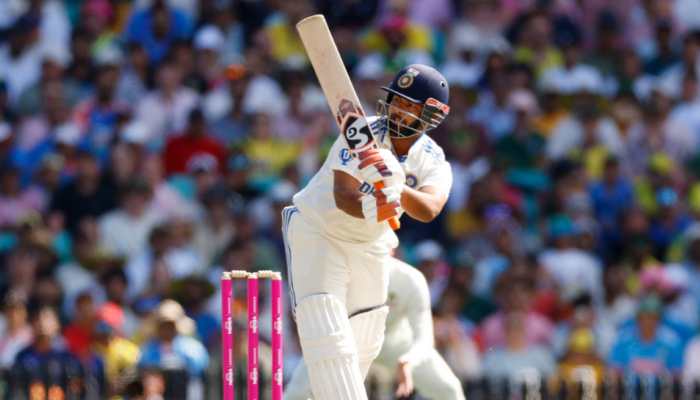Beware! Profuse sweating without could be an early sign of heart attack
Pumping blood through the body becomes more difficult when the heart becomes weaker, so the body uses more energy to deliver the blood supply.
Trending Photos
) (Representational image)
(Representational image) New Delhi: The most common cause of death among the world are heart attacks. Medical professionals the world over, have always emphasized the symptoms of heart attacks, like chest pain, shortness of breath, cold sweats, etc.
But, new research says that heart attacks can be detected early with one sure-shot sign – profuse sweating.
According to the research, sweating profusely, especially if the person isn't isn't exercising or being active, could be an early sign of a heart attack.
Pumping blood through the body becomes more difficult when the heart becomes weaker, so the body uses more energy to deliver the blood supply.
To cool itself down after the assertion, the body may sweat more than usual.
Dr Catherine Ryan, the project co-ordinator of Medical-Surgical Nursing at the University of Illinois, said, "The typical heart attack symptoms include chest pain, shoulder and arm pain, and neck and jaw discomfort. Bells should ring off if a person suddenly starts sweating profusely."
She added, "They shouldn't think they have the flu. If they don't have fever, then they should start to think about something else."
Night sweats are also a common sign of a heart attack, but some women may mistake it as an effect of menopause.
If a patient wakes up to find their bed sheets are soaking wet, or if they can't sleep due to sweating, they should definitely go and see a doctor.
A heart attack is caused when the blood supply to the heart is suddenly blocked. The condition can even lead to a cardiac arrest – where the heart stops pumping blood around the body.
People most at risk of heart disease are smokers, diabetics, people with high blood pressure, and people that are overweight.
Regular exercise and maintaining a healthy Body Mass Index (BMI) will also help to reduce the risk of a fatal heart attack.
(With ANI inputs)
Stay informed on all the latest news, real-time breaking news updates, and follow all the important headlines in india news and world News on Zee News.
Live Tv







)
)
)
)
)
)
)
)
)
)
